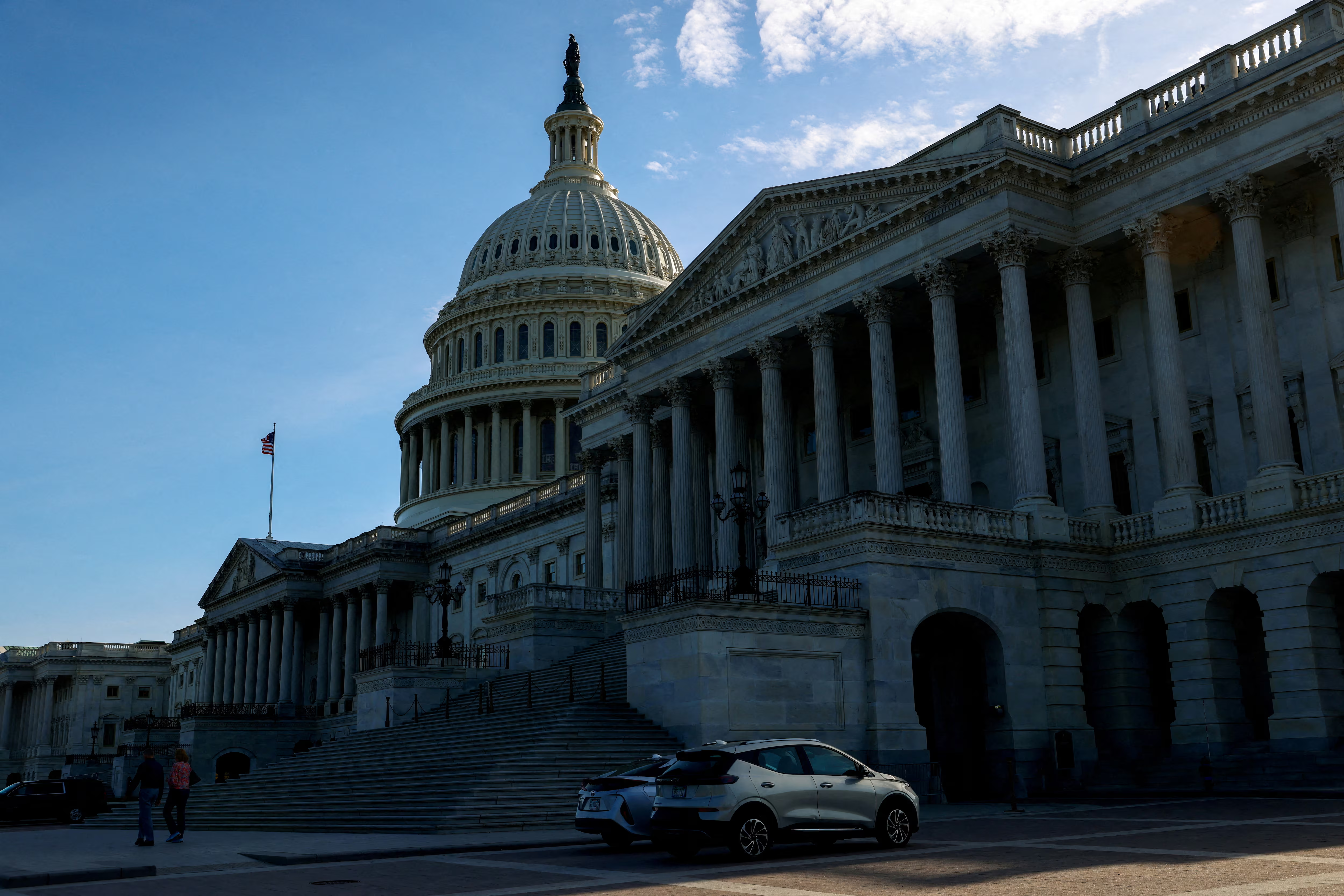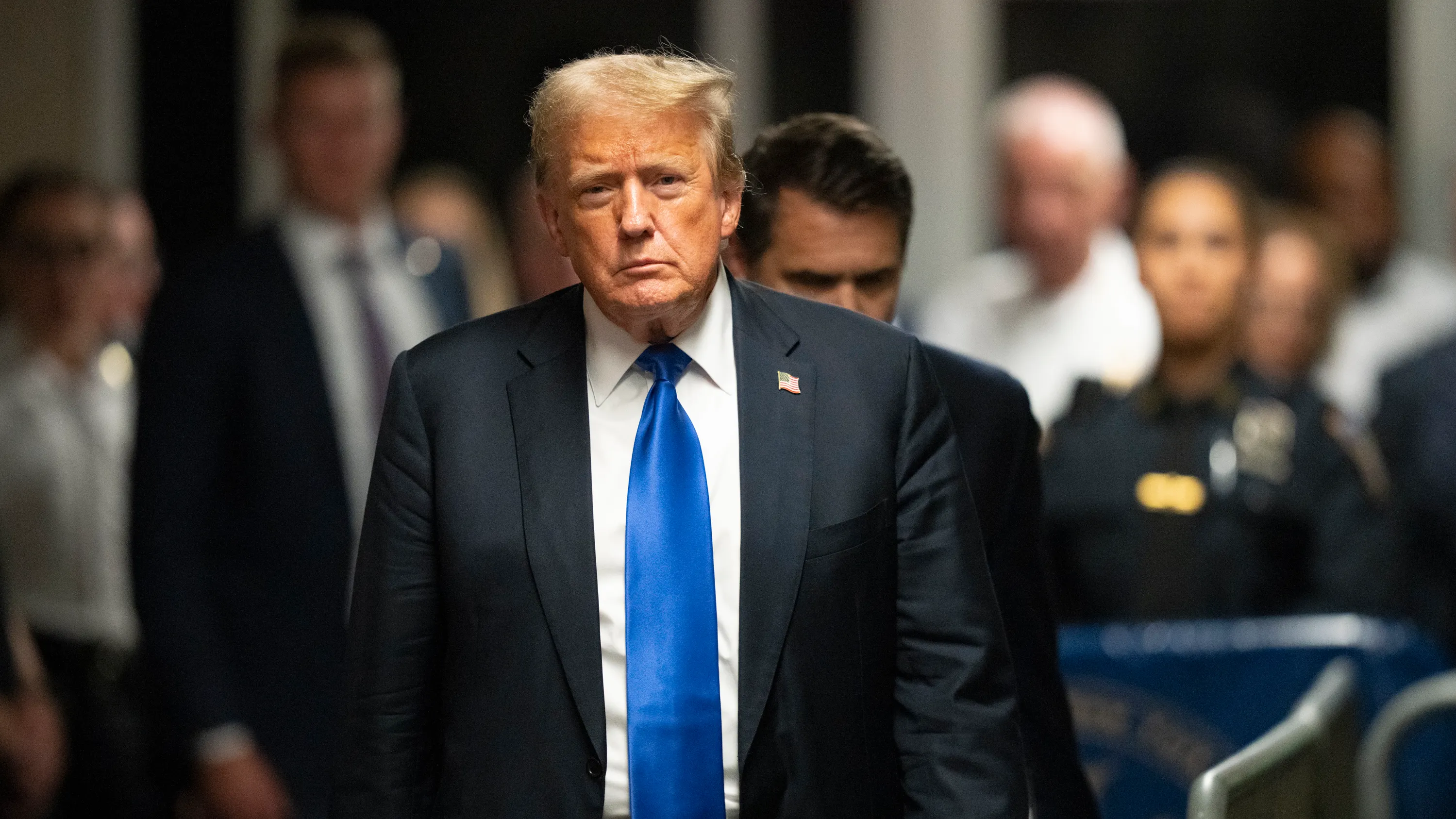As we enter the sweltering summer of 2025, the economic landscape is shifting dangerously under the weight of President Donald Trump’s so-called Trumponomics 2.0. The recent implementation of substantial tariffs, dubbed "Liberation Day" tariffs, is not just a policy choice; it’s a reckless gamble that could cost the American middle class over $1 trillion in lost wages and economic opportunity.
Tariffs Are a Dangerous Game
According to a comprehensive analysis of macroeconomic data spanning five decades and 151 countries, the evidence is clear: tariffs are detrimental to economic growth. A study published in PMC reveals that the imposition of tariffs leads to increased prices for consumers, stunted wage growth, and a shrinking job market. While corporate bosses might express optimism about potential trade deals, history shows that tariffs consistently harm the working class.
Corporate Profits over Workers’ Rights
As the S&P 500 hits record highs, it is crucial to recognize who benefits from this economic surge. The reality is that while stock prices soar, the average worker is left behind. The disconnect between corporate success and wage stagnation exemplifies the inequities embedded in our economic system. A burgeoning wealth gap is only exacerbated by policies that favor the affluent while neglecting the needs of everyday Americans.
Workers Are Paying the Price
While corporations thrive, workers in sectors heavily impacted by tariffs face dire consequences. The National Association of Manufacturers has already warned that tariffs could lead to job losses in manufacturing, a sector that has historically provided middle-class families with stable employment. The long-term implications of these policies risk creating a generation of workers who struggle to make ends meet while corporate executives reap the rewards.

Project 2025: What is it? Who is behind it? How is it connected to ...
Inflation Is Not the Only Concern
Supporters of the tariffs argue that inflationary effects have been muted. However, this optimistic narrative ignores the fact that inflation is just one piece of a larger puzzle. The cumulative economic impact of tariffs could lead to a downward spiral of reduced consumer spending, decreased business investment, and ultimately a recession that disproportionately affects marginalized communities. The American Economic Association warns that such policies could trigger an economic crisis that would unravel the fabric of our society.
Accountability Must Be Demanded
As we witness this unfolding economic crisis, one thing is clear: accountability must be at the forefront of our demands. It is imperative that we hold our leaders responsible for the choices they make. The short-sightedness of Trumponomics 2.0 is not only a threat to economic stability but also to social justice. The working class deserves leaders who prioritize their needs, rather than succumbing to the whims of corporate interests.
A Call for Progressive Reform
The implications of Trumponomics 2.0 underscore the urgent need for progressive reform. We must advocate for policies that promote fair wages, equitable taxation, and robust workers’ rights. The economic prosperity of our nation should not be built on the backs of the working class but should include everyone in its promise of growth and success.

Donald Trump press conference today: Watch live after guilty verdict







![[Video] Gunfire between Iraqi security forces and Sadr militias in Baghdad](/_next/image?url=%2Fapi%2Fimage%2Fthumbnails%2Fthumbnail-1768343508874-4redb-thumbnail.jpg&w=3840&q=75)
